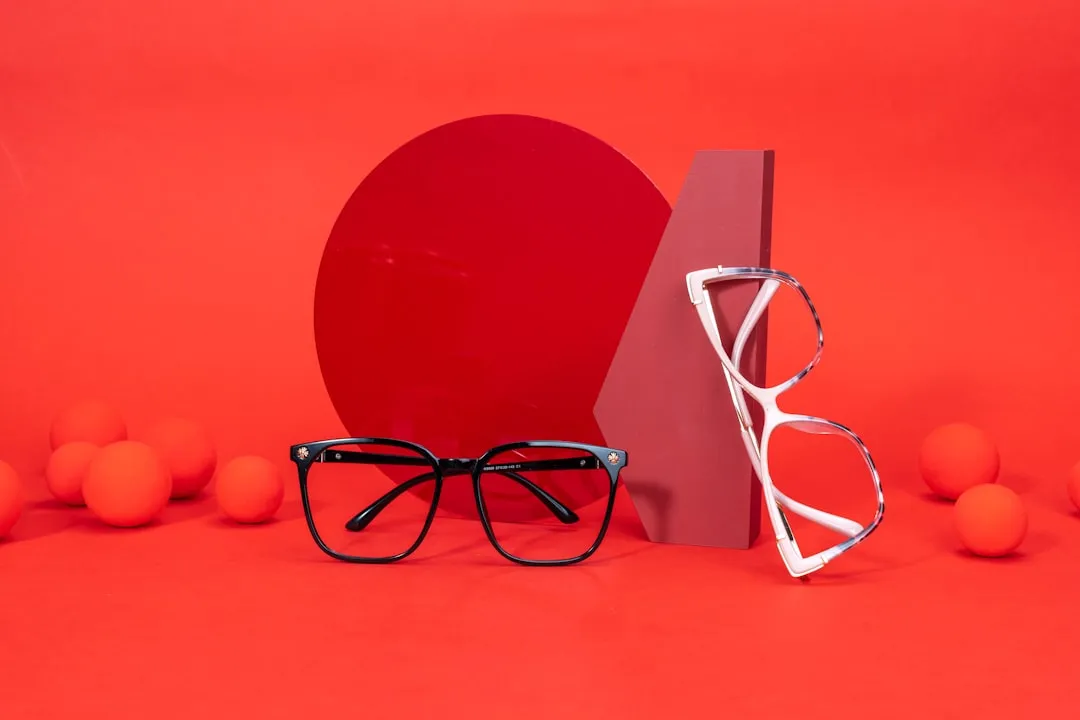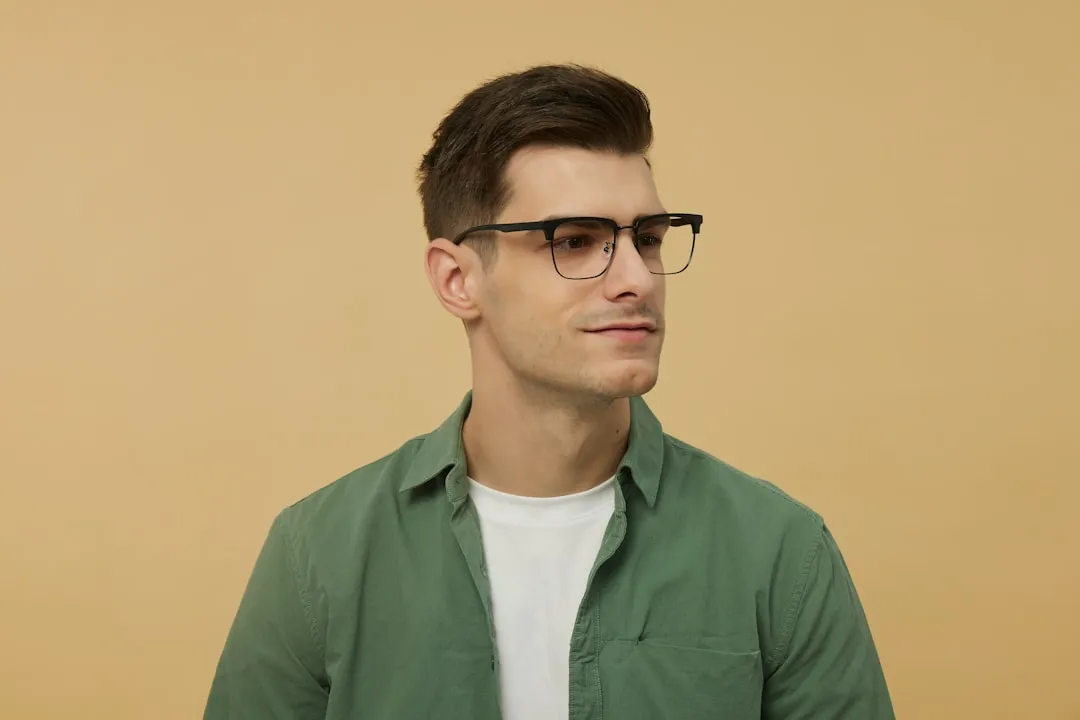The average business person likely recognizes Epson for its printers or even its projectors, not the futuristic AR wearables.
Yet it is Epson's experience with projection technology that has enabled the company to compete in the enterprise-grade smartglasses game, with its latest models in its Moverio smartglasses line carrying noticeable gains in display capabilities.
The newest model, the Moverio BT-40, is a standalone device that connects to a smartphone, tablet, or PC via a USB-C connection, and retails for $579. Its sibling, the Moverio BT-40S, comes with a touchscreen-equipped controller running on Android and is priced at $999.
- Don't Miss: Epson's AR Drone Simulator Lets You Get Your Virtual Wings Before Crashing the Real Thing
Aside from the controller, the devices carry essentially the same specs, with the improvements to the display leading the way. The BT-40 series delivers dual Si-OLED displays with 1080p resolution and 34 degrees field of view (FoV), which projects to about a 120-inch display from a distance of 15 feet. The smartglasses also come with nine-axis motion and ambient light sensors.
The predecessor device, the Moverio BT-35E, has a 720p display with 23 degrees FOV, or the equivalent of an 80-inch display at 16.4 feet. (By the way, Epson has discounted the BT-35E by $100 to $799.)
"With over 10 years in the AR market and its long history in the projector segment – having delivered high-performance optical engines and impeccable color production – Epson is bringing that same legacy to this next generation of Moverio smart glasses," said Remi Del Mar, senior product manager of digital experiences, augmented reality and commercial display solutions at Epson America, in a statement. "These new Moverio models bring advanced image quality in a binocular display with improved comfort and wearability to the rapidly increasing markets where we are seeing AR adoption grow, including industrial field service and front-line applications such as remote assistance and accessibility usage scenarios. As a pioneer in this space, we look forward to seeing how these new smart glasses are implemented by customers."
Epson has also designed the BT-40 series for comfort. The company switched to softer padding material, redistributed the weight of the device to the temples of the frames, and added a spring mechanism to flex for the fit of different head sizes.
While the BT-40 fits the bill for companies, the BT-40S and its tethered controller provide flexibility for organizations that need to supply their users with devices. Essentially a smartphone without a cellular radio, the BO-IC400 controller is powered by Qualcomm's Snapdragon XR1 processor designed for tethered smartglasses and runs a customized version of Android 9.0 with access to Google Play for apps.
About the size of a deck of playing cards, the controller includes Wi-Fi, Bluetooth, GPS, a 13-megapixel auto-focus camera, flashlight, noise-canceling microphone, and an audio jack, along with the typical array of mobile sensors (compass, accelerometer, and gyroscope). The controller's battery has a capacity of just five hours, but I suppose that's enough to get to lunch before having to recharge.
The BO-IC400 provides some additional benefits beyond your typical smartphone with the Moverio Link Pro app, which enables four user interface modes. Mirroring Mode casts the controller's touch screen to the smartglasses display, while Extended Mode displays the active app on the smartglasses and the controller's home screen on the touch screen. The controller also offers Trackpad and Cross-key modes for cursor-based interactions between the controller and the smartglasses.
With the BT-40 series, Epson is targeting the same similar industries that the likes of Google, Vuzix, and Lenovo (all of whom have also adopted Snapdragon XR1 for their smartglasses) are pursuing, with the Moverio Assist platform providing workflow instructions and remote assistance. In addition, Epson has its sights set on tourism and entertainment, including AR-enhanced tours of museums and subtitle assistance in theaters (where the BO-IC400 comes in handy for lending to customers).
Interestingly, an Epson spokesperson told Next Reality during a briefing ahead of the product announcements that the company is no longer aggressively pursuing the drone market, although the company does expect enthusiasts to continue pairing Moverio devices with their drones.
Cover image via Epson


























Comments
Be the first, drop a comment!